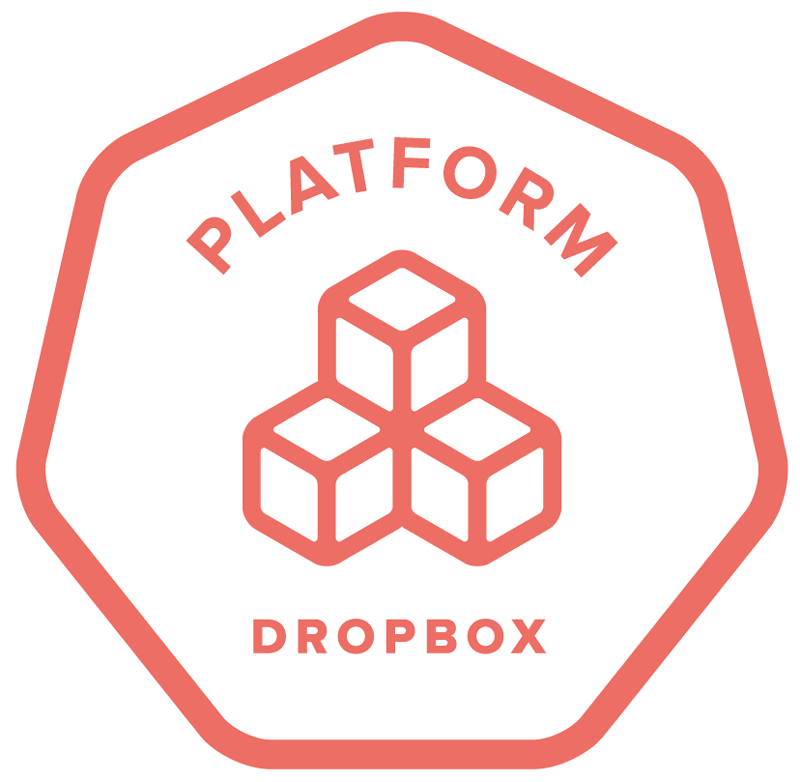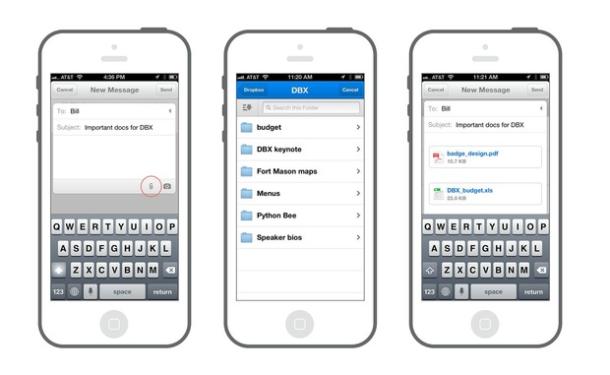Dropbox dreams big for mobile: ‘Sync is the new save’
Announcements at file-sharing company's first developer's conference offered fresh APIs for developers

During its first ever developer conference, file-hosting service Dropbox outlined its plans to become the go-to cloud service for companies building online platforms. Founded in 2007, Dropbox now syncs over a billion files daily and caters to more than 175 million users.
CEO Drew Houston announced the launch of the new Dropbox Platform, described as "a new foundation to solve the problems of sync so you don't have to." The Platform has so far meant the company’s Sync and Core APIs – tools that allow developers to use Dropbox as external file storage for mobile apps.
The company are expanding upon this service with the release of the Datastore API that they hope will provide “a new model for effortlessly storing and syncing app data.”
“Our Sync and Core APIs already take care of syncing files and folders,” said the company in accompanying blog post, “But as people use mobile apps more and more, a lot of their stuff doesn’t really look like a file at all. It could be anything — settings, contacts, to-do list items, or the latest doodle you drew.”

(Left: Dropbox's new APIs in action)
The real promise of the Datastore API is its application for offline apps: “With the Datastore API, we’re moving beyond files and providing a new model for effortlessly storing and syncing app data. When you use an app built with datastores your data will be up-to-date across all devices whether you’re online or offline.”
This will mean that if you’re using, say, a to-do list app you’ll be able to update your tasks offline with Dropbox tracking these changes locally and then syncing them with the cloud whenever you hit a connection.
Houston described all the new phones and apps as cracks that your stuff – your data – falls into and gets lost. Dropbox are hoping that their new APIs will help to keep all your information together all of the time. As Josh Constine described Houston’s vision on TechCrunch:
“The idea is that Dropbox is going beyond just storing your files. It’s about creating a real-time two-way connection between your data and the cloud so you never lose, misplace, or can’t access your digital accoutrements.”
And the competition?
The difficulty facing Dropbox is that the world’s largest tech companies are also aiming for the same market. Google, Apple and Amazon are all currently ramping up their own back-end services, and each of these companies already has their own platform to push their product.
However, this might actually prove to be in Dropbox’s favour. It’s already defined it’s enterprise strategy as being “as ubiquitous as possible”, and has been implemented by more than two million unique businesses and across 95% of the Fortune 500.
With market share becoming increasingly divided between the giants like Apple and Android, Dropbox might be able to steal a march on both by being platform agnostic.
Join our commenting forum
Join thought-provoking conversations, follow other Independent readers and see their replies
Comments
Bookmark popover
Removed from bookmarks